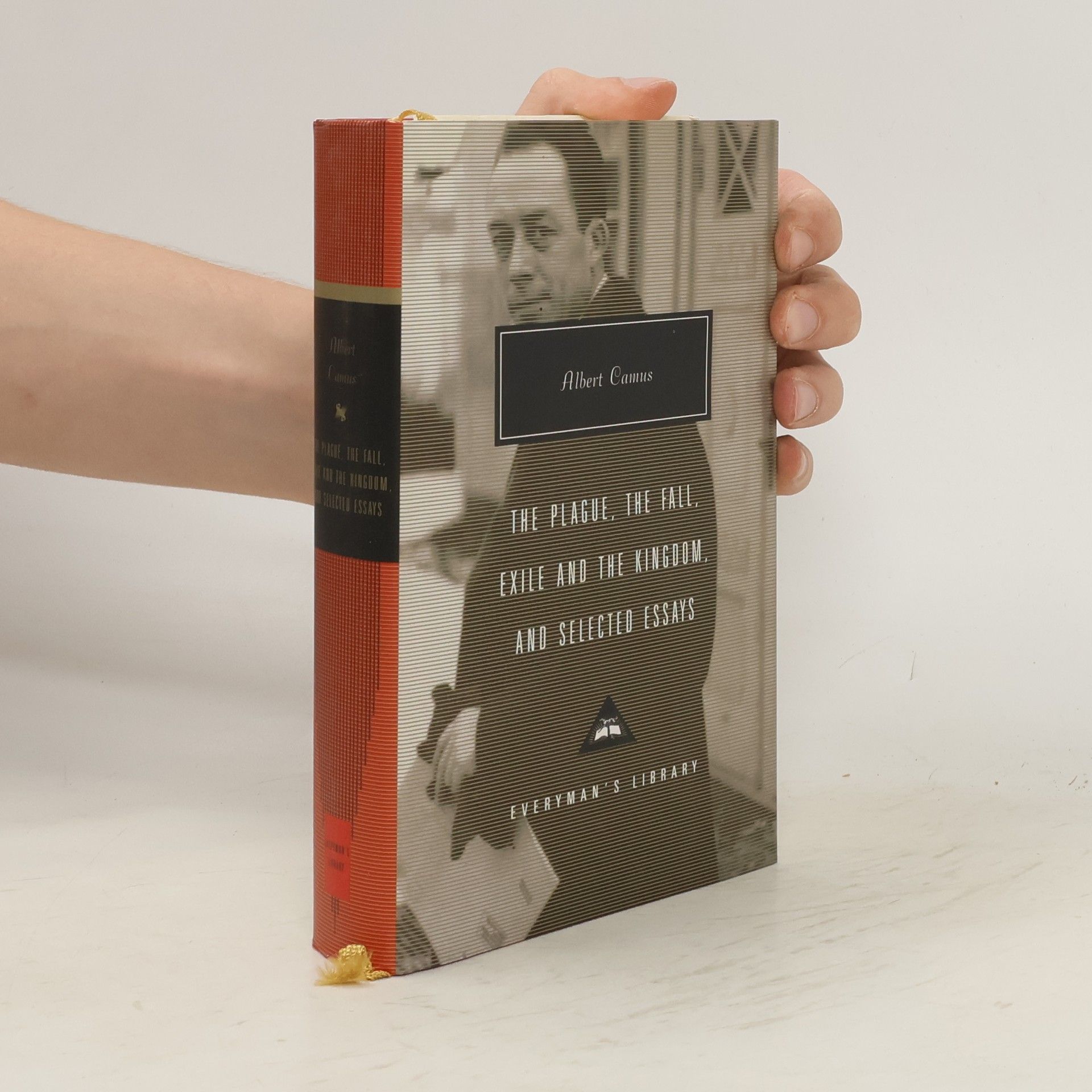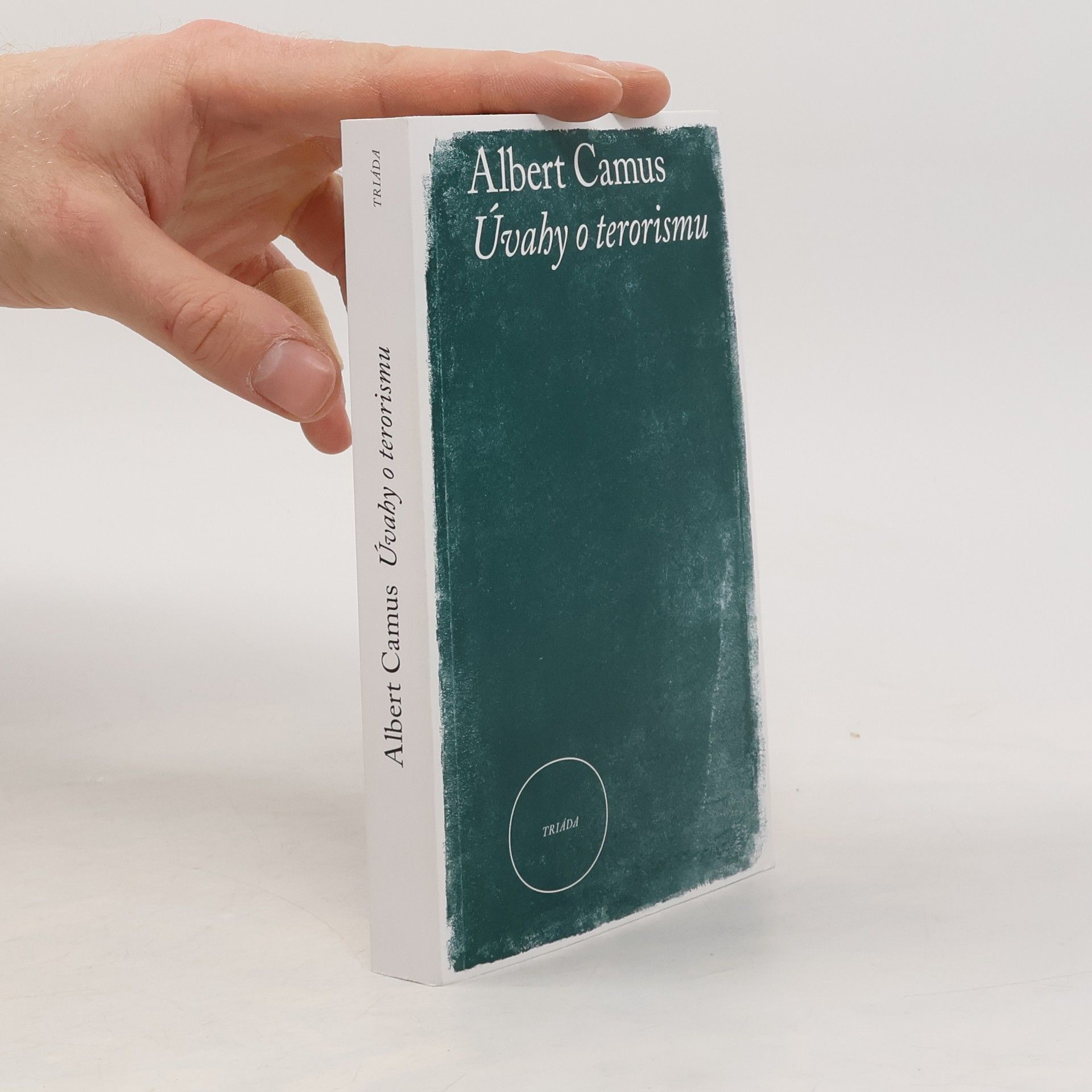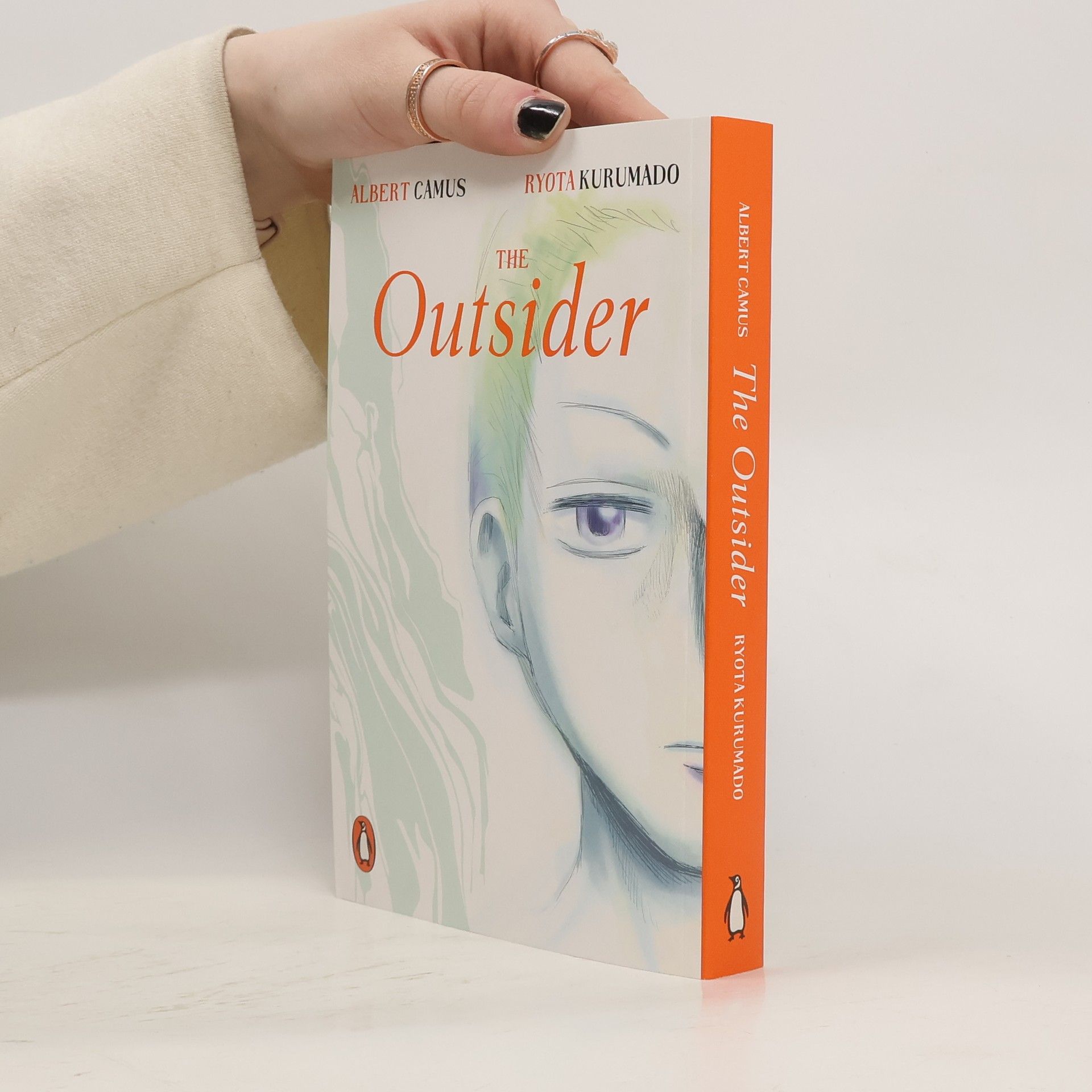Úvahy o terorismu
- 212 pages
- 8 hours of reading
Překlad francouzského výboru vydaného roku 2002 přináší úryvky z děl různých žánrů: novinové články, úryvky beletristických děl nebo esejů, osobní dopisy, předmluvy ke sborníkům a ukazuje jak různorodost Camusovy tvorby, tak hlubokou jednotu jeho otázek i přesvědčení. Vybrané texty byly napsány v letech 1943 až 1958 a od té doby se mnoho změnilo a otázka terorismu nabyla podstatně odlišných rozměrů. Camus se nedožil nezávislého Alžírska, ani pádu SSSR, ani vzestupu náboženského fanatismu. Přestože promýšlel a psal tyto stránky pro svou dobu, nepochybně se týkají i nás – ať jde o novinové články nebo úryvky z esejů a literárních děl – a mohou nám pomoct lépe pochopit současné dění v Alžírsku, na Středním východě i newyorské události z 11. září 2001. Tyto texty totiž vypovídají o Camusově prozíravosti založené na morálních, filosofických a politických úvahách, jež jsou vždy úzce spjaty s historickými událostmi. Camus důrazně odmítá jakkoliv ospravedlňovat zabíjení a nesouhlasí s tvrzením, že by účel světil prostředky, protože je přesvědčen, že „násilí je zároveň nevyhnutelné i neospravedlnitelné“ a že určité meze jsou nezbytné proto, aby spravedlnost, svoboda, lidská důstojnost a štěstí zůstaly zachovány; přináší nám tedy vzkaz bez iluzí, ale paradoxně také důvody, abychom si ze světa nezoufali.







